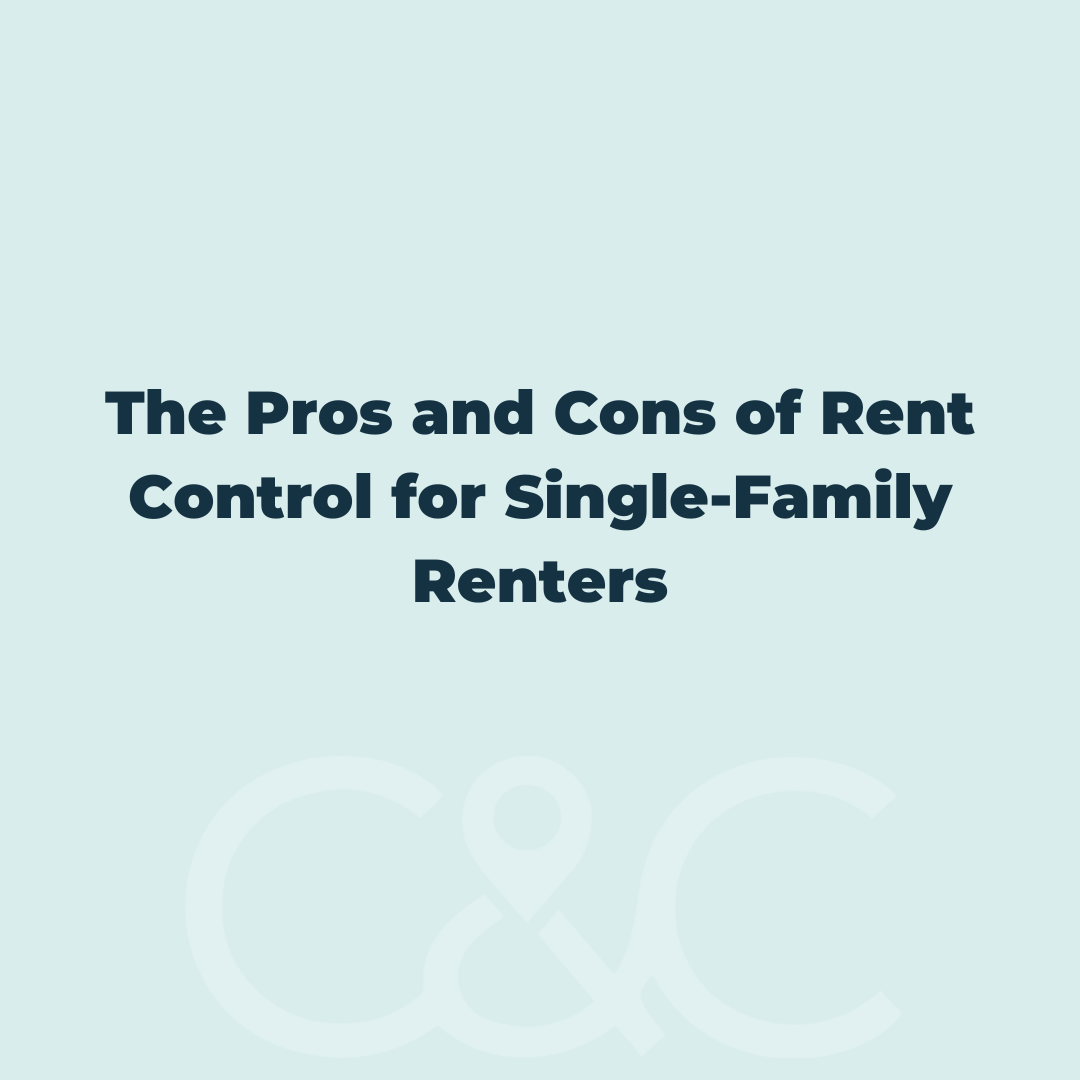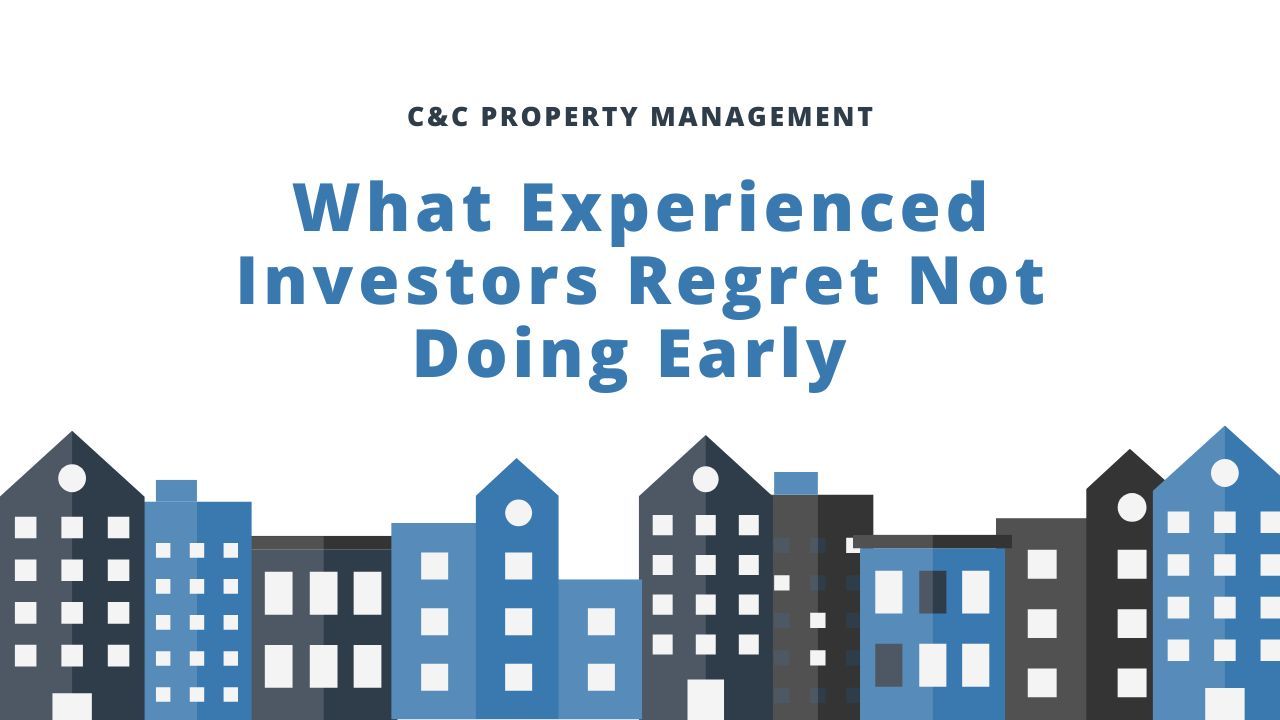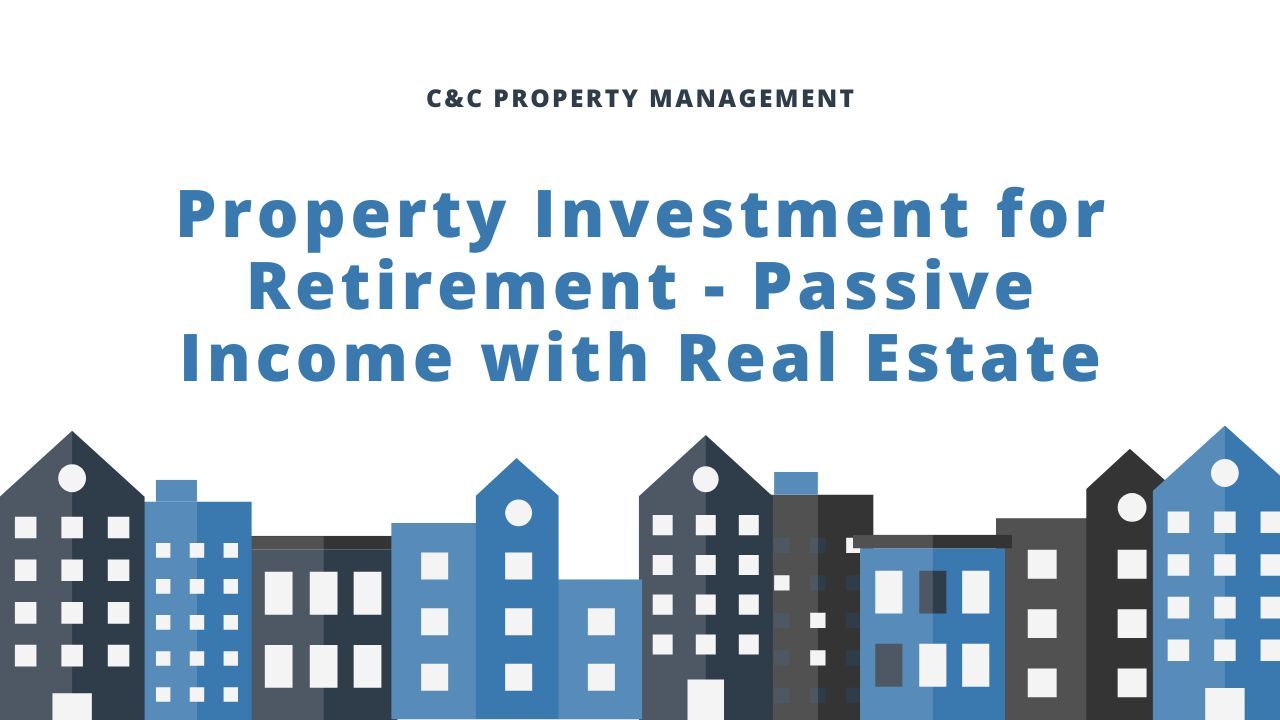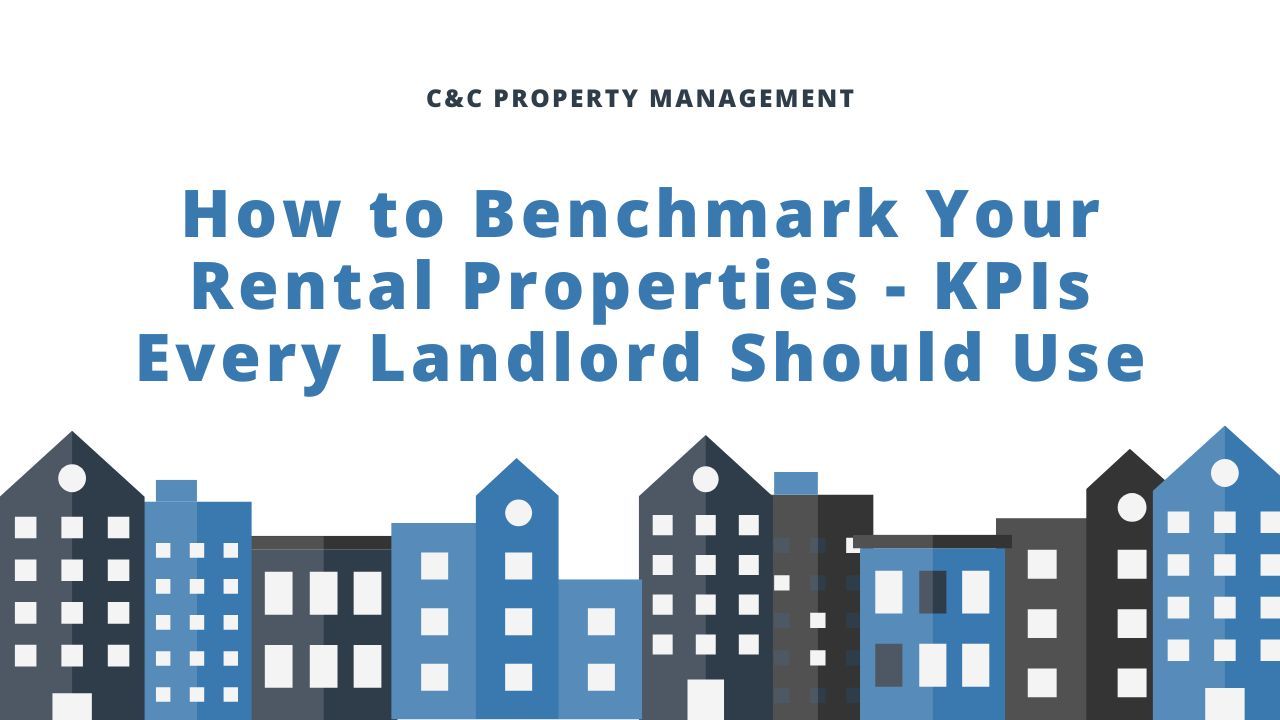The Pros and Cons of Rent Control for Single-Family Renters
Rent control has become a hot-button issue in many cities and towns across the country.

For single-family renters, rent control can be both beneficial and detrimental depending on their personal situation. On one hand, it can provide much needed relief to those who are struggling to keep up with rising rental costs. On the other hand, it may discourage investment in rental properties as landlords will not receive a return on their investments due to price caps imposed by rent control laws. In this blog post, we’ll explore both sides of the debate so you can make an informed decision about whether or not rent control is right for you.
Advantages of Rent Control
Rent control offers a number of advantages to those renting single-family homes. For starters, it allows renters the peace of mind in knowing that the monthly cost of their accommodation is fixed and predictable; with rent control, landlords cannot suddenly increase or adjust rent without due cause. Its ability to protect againsthousing inflation means that financially stretched individuals can continue to live in their current accommodations without worrying about sudden spikes in rental costs , allowing them to focus on improving their circumstances instead of facing displacement from an outsized financial burden. Rent control also allows landlords limited protections; ensuring that tenants cannot break contracts at any moment and placing regulations on late payments so both tenant and landlord are guaranteed some level of security in renting agreements. Ultimately, these benefits make rent control a positive choice for renters while also offering stability to landlords.
Drawbacks of Rent Control
Rent control is a topic of contention among landlords and tenants alike. While it can offer some short term financial benefits, it almost always creates more long-term problems than solutions when looked at from the perspective of landlords. Chief among these drawbacks are depressed rental incomes, decrease in rental quality, and high vacancy rates. When landlords cannot charge a fair price for their services, they tend to spend less on upkeep and maintenance of their units, making them less attractive for tenants who would be willing to pay full value. Likewise, vacancy rates skyrocket as tenants move into newer, better maintained buildings with higher rents. Rent control might seem like a way to prevent tenant exploitation from greedy landlords, but in reality it does nothing but harm both parties by discouraging investment in buildings and thus reducing property values for all involved.
Explore how different cities are implementing rent control laws
Rent control laws vary greatly from city to city around the world. In New York, rent-stabilized tenants are focused on receiving annual raises in rent each year paired with lease protections and housing security. In California, instead of dealing with rent increases every year, landlords and tenants have agreed on a de facto tenancy: existing tenants pay the same rent as they had when they originally moved in. Barcelona has implemented its own unique style: imposing caps on residential rents while taxing homeowners to finance social housing projects. Each city is taking a proactive approach to alleviating rent problems while protecting their citizens, but in different ways. Landlords must be held accountable but so too should the resources available to families and individuals who need affordable housing the most.
Alternatives to Rent Control
Rent control has long been used as a way to help mitigate the burden of rising rents on tenants, however, there are many alternatives that should also be considered. Tax incentives for housing developers and subsidies for rent for lower income households can both help keep housing costs down without overt interference in the rental market or burdening landlords with restrictions. Further government intervention is inevitable, but these solutions provide a constructive and collaborative approach to addressing the critical need for more affordable housing in many cities.
Summary
Rent control policies generally seek to limit rental costs from exceeding a certain amount. However, the implementation of rent control can have both positive and negative effects on single-family renters. On the plus side, tenants protected by rent control are shielded from unsustainable increases in monthly housing payments. Also, restrictions on monthly payments reduce the risk of tenant displacement due to price gouging. In contrast, however, critics argue that rent control can become a disincentive for landlords in terms of investing in maintenance and repairs of their rental units. In addition, some worry that lower limits on rent increase may lead landlords to prioritize tenants willing to pay more money than those who are content with the regulated rate. All factors considered, rent control certainly has its justifications but could potentially come at the cost of decreased housing quality for single-family renters.








